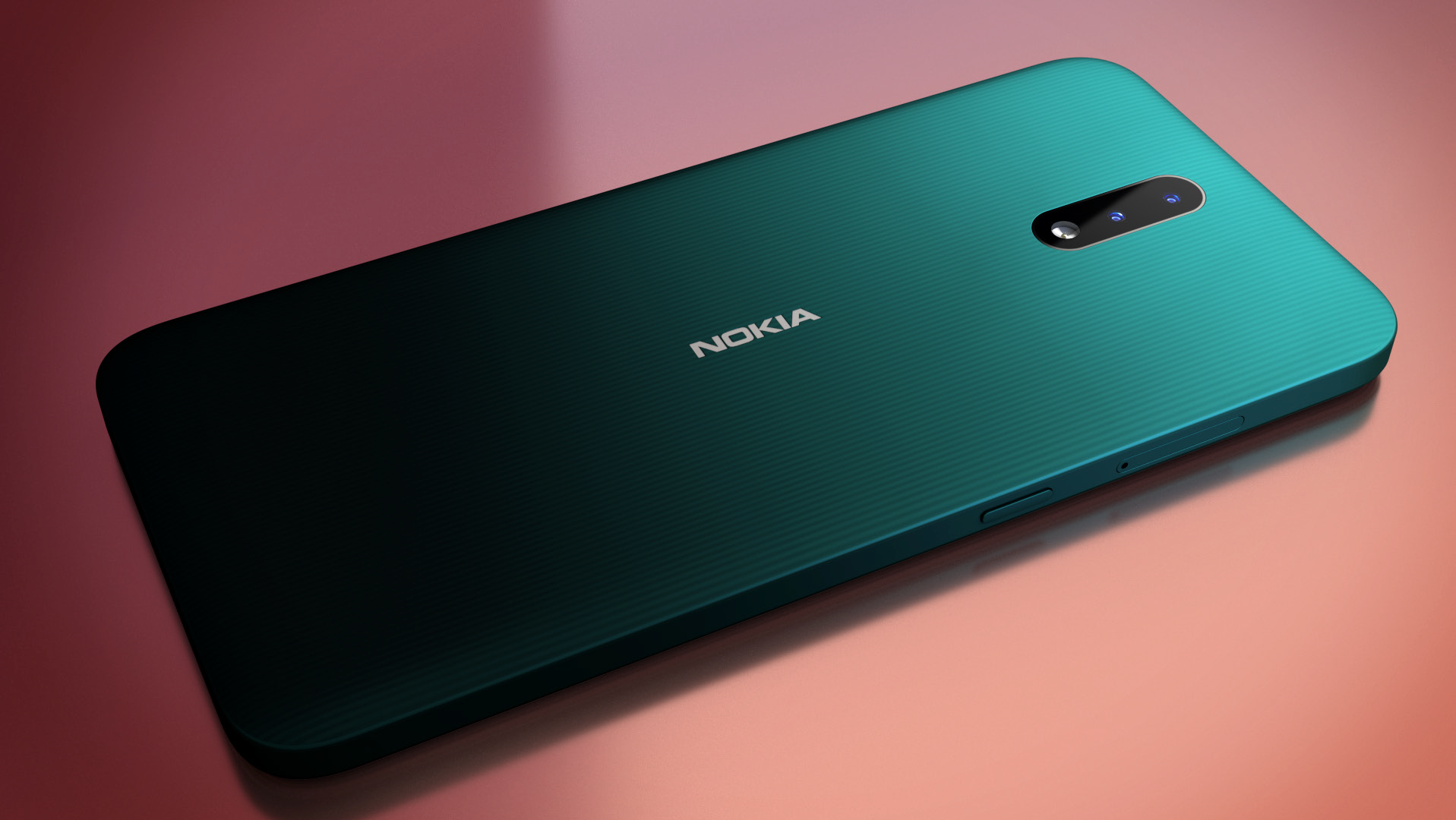According to a new book published in Finland this week, Stephen Elop wasn’t a Trojan horse brought in from Microsoft to undermine Nokia – but he was “one of the world’s worst” chief executives. The book, “Operation Elop,” by journalists from the Finnish daily paper Kauppalehti, makes its harsh assessment of the Canadian who was hired to try to lead the mobile phone, mapping, and networks company out of trouble in September 2010 – after an executive hunt that is said to have approached Tim Cook, then a chief operating officer at Apple.
Elop was hired instead, lured away from his position at the head of Microsoft’s Office division in Redmond, near Seattle, to run what was then the world’s biggest mobile phone company – but one facing serious problems. “By many measures, Elop is one of the world’s worst – if not the worst – chief executives,” declares Pekka Nykänen and Merina Salminen, the authors, who interviewed more than a hundred people to produce their book. They say that “Elop was the wrong man to lead Nokia. Someone else could have saved Nokia’s phone business.”
However, those they spoke to were insistent that, despite the claims of many outside the company, Elop was not a “Trojan horse” with an agenda to make Nokia’s handset business worthless so that Microsoft could buy it cheaply. They also accept that many problems cannot be laid only at Elop’s door. Nokia also suffered from an obsession with costs, unclear chains of responsibility, and bad executive decisions. “Elop… failed in his attempts to save Nokia,” the writers say. “He made monumental mistakes – but all in good faith.
He took massive risks by putting all his eggs in one basket.” That was the decision to go with Windows Phone rather than Google’s Android, or keeping the Symbian software Nokia already used on its smartphones. To categorize Elop as “one of the worst” CEOs, the authors look at Nokia’s market value before and after Elop took over when he replaced Olli-Pekka Kallasvuo, who in the summer had challenged Nokia’s board to “back him or sack him.” One day before Elop took over, the company was worth €29.5bn on the stock market; three years later, as the phone division was sold, its valuation was €11bn.

READ MORE :
The authors charge that Elop’s famous “burning platform” memo “has become a legendary example of how a CEO can destroy everything in just one stroke.” The message emerged from a jointly-written speech that he gave to senior managers to describe the problems that Nokia’s Symbian software faced by the end of 2010, as Apple’s iPhone and Google’s Android software drove a new wave of touchscreen phones, to which Nokia had no effective answer. Nokia’s handset division was sold to Microsoft for €5.4bn in September 2013 after falling into a pattern of lossmaking and failing to impact the smartphone market significantly.
The consultants McKinsey, the book claims partly advised the choice of Windows Phone. Elop is known to have spoken to Google about the possibility of going with Android – but did not, famously leading Google’s Vic Gundotra to tweet that “two turkeys don’t make an eagle” – a reference to a comment by one of Nokia’s executives in 2005 about the proposed merger of BenQ and Siemens’s phone handset divisions. (It flopped.)
They also say that Nokia’s staff did not examine Windows Phone closely enough before choosing it – and only realized after signing the agreement with Microsoft that they would not be able to install it on handsets then priced at €100, which used keypads rather than a touchscreen. Nor could it use a front camera – useful for video calls – and had patchy support for MMS, a carrier standard for sending picture messages. Foreign language support was also patchy – so much so, the authors say, that one engineer thought there were missing pages when he first saw the list of supported languages. Microsoft is also blamed for being inflexible, even though Nokia was its biggest Windows Phone OEM.




